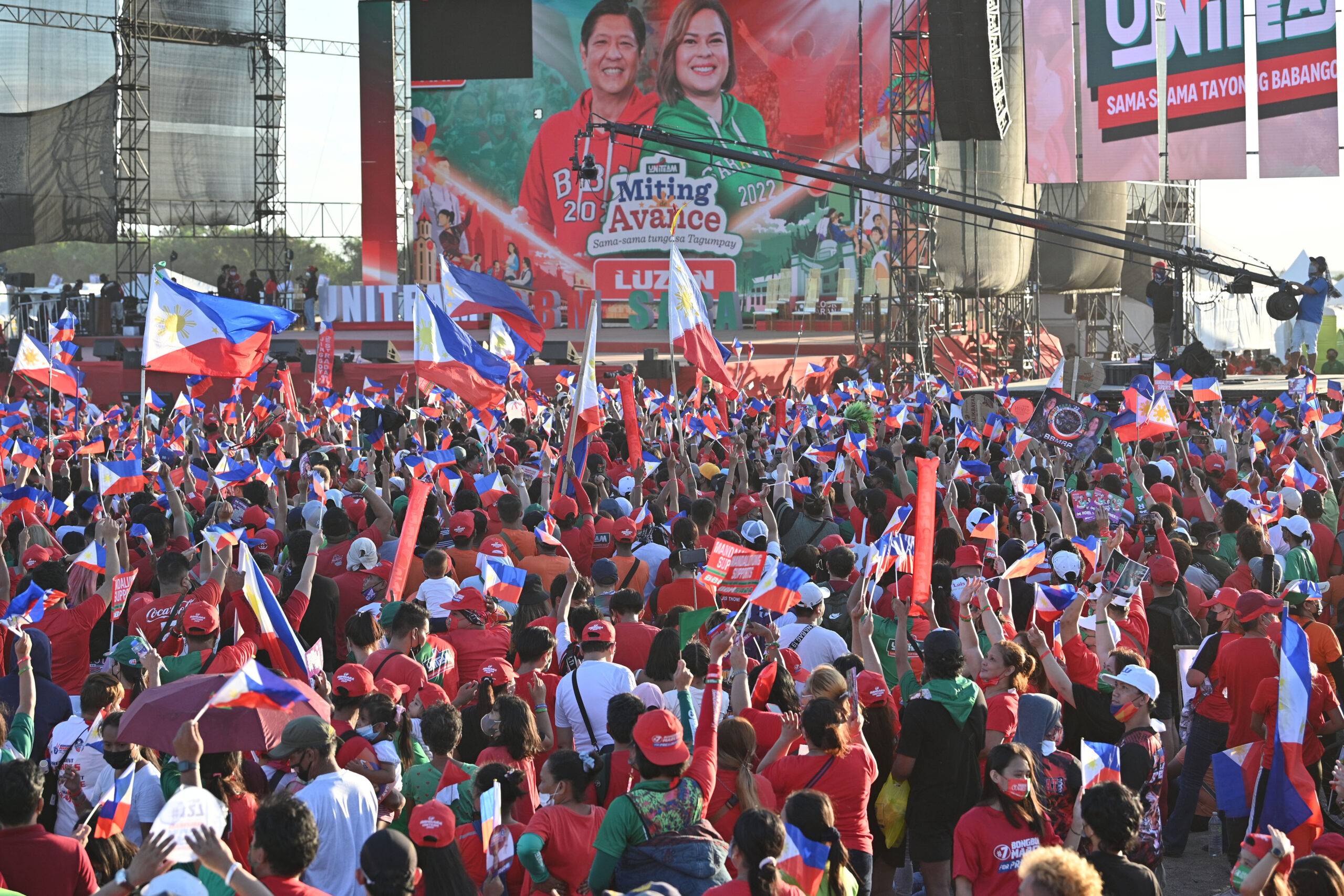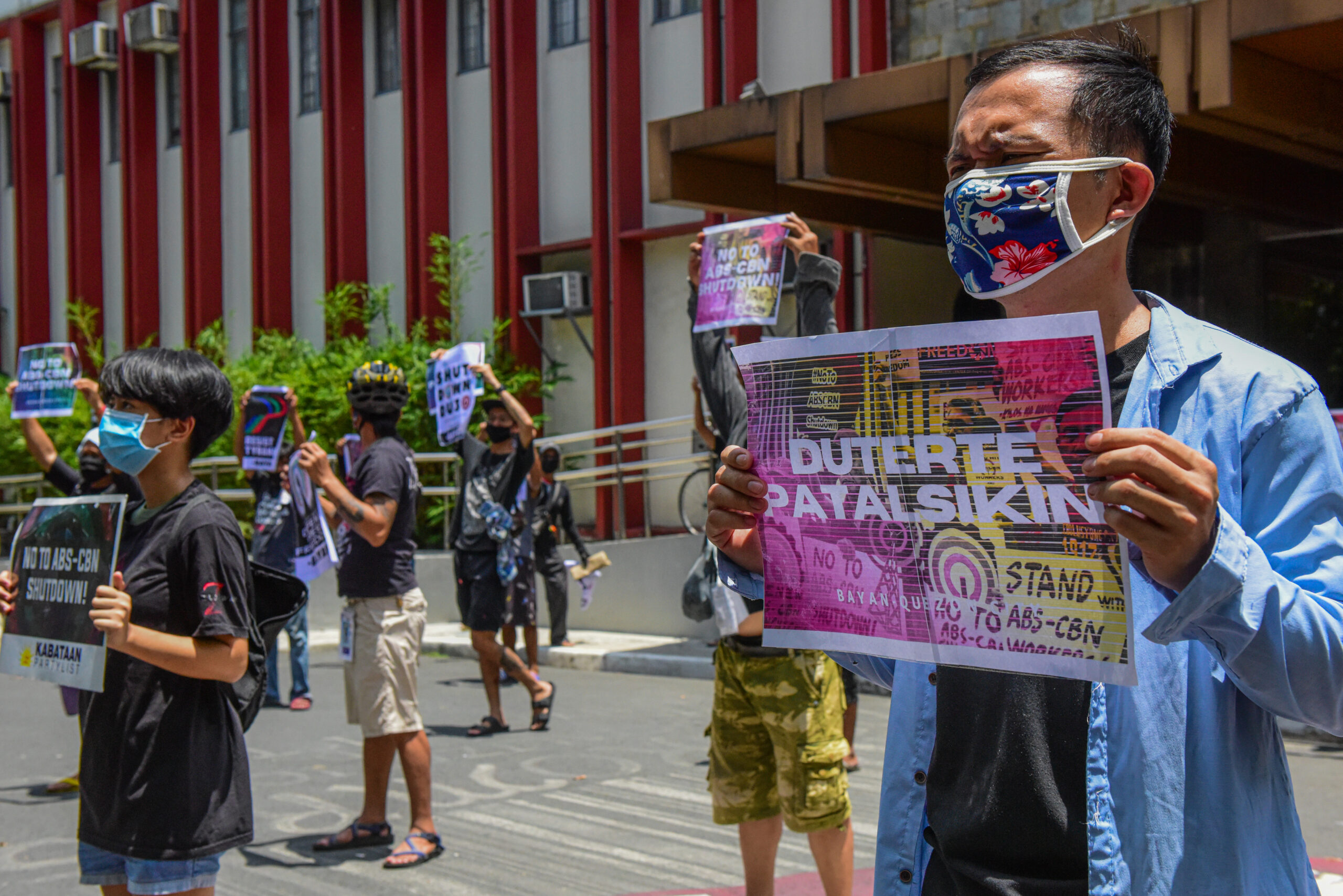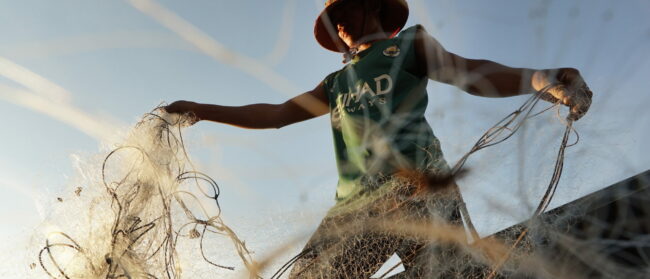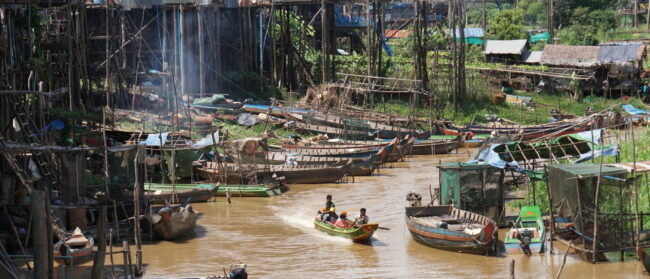If Ferdinand “Bongbong” Marcos Jr. leads as he campaigned, the foundations of Philippine democracy may be further at risk.
Philippine voters handed Marcos Jr. a decisive victory in the presidential election on 9 May. It is not immediately clear how the president-elect will govern after offering very little in terms of policy substance while campaigning. But during the election, which is scheduled to be certified by the nation’s Congress in the coming weeks, he showed a dangerous disregard for Philippine media and undermined the integrity of the online information space.
Marcos Jr. and Vice President-elect Sara Duterte-Carpio ran on a platform of unity. They can indeed unite the country by charting a different course: reversing the legacy of their fathers through a commitment to the rights to freedom of expression, freedom of the press and access to information.
Malacañang Palace’s new occupant enters with a familial legacy of repression. Marcos Jr. is the son of the late Ferdinand Marcos, who presided over the country for two decades in an authoritarian regime distinguished by its endemic corruption and state-sponsored violence.
Duterte-Carpio, the mayor of Davao City who won a separate vice-presidential election by a similar wide margin, is the daughter of outgoing President Rodrigo Duterte, who cannot seek a second six-year term under the Philippine constitution. Duterte oversaw years of attacks on journalists and a war on drugs in which thousands of citizens were killed extrajudicially. Filipinos saw a six-year decline in political rights and civil liberties under his presidency, Freedom House research found.
Their fathers cast long shadows over the campaign. Marcos Jr. minimised the atrocities of the senior Marcos’s government, while Duterte-Carpio called for President Duterte’s war on drugs to continue.
This apparent commitment to mirroring the disastrous practices of their parents should signal alarm for those who support human rights and democracy in the Philippines.

Philippine journalists are dedicated and outspoken, and the country’s online spaces are thriving and diverse. During the election season and in its aftermath, Filipinos turned to the press and social media for reliable information on the daily business of politics and governance. Independent reporting and online discussion have proved critical in holding elected officials to account and mobilising for change when they fall short.
Marcos Jr. undermined the free and independent press in the Philippines throughout the election. He regularly disparaged and attacked reporters – often refusing to participate in interviews and disclaiming journalists’ purported “anti-Marcos bias” – and instead spoke to social media influencers who presented favourable narratives about his campaign.
A reporter from Philippine online news outlet Rappler, who covered Marcos Jr.’s campaign, was shoved by campaign staff for attempting to ask a question. The candidate refused to attend debates sponsored by the Commission on Elections, the independent elections agency, but agreed to join those hosted by the SMNI broadcasting network, whose owner endorsed his presidential bid.
Through this approach, Marcos Jr. followed a dangerous trend in the Philippines. The country is one of the most dangerous places in the world for journalists to work. Reporters and media organisations regularly face targeted harassment, malicious branding known as ‘red-tagging,’ libel lawsuits and cyberattacks in retaliation for their work; some have been killed.
These attacks escalated during the presidency of Duterte, who regularly disparaged journalists and drove harassment campaigns. His government made little effort to bring the killers of murdered journalists to justice.
He also oversaw attacks on media organisations, cancelling the broadcast licence of prominent network ABS-CBN and seeking to do the same with Rappler. These tactics replicate those employed by the senior Marcos, who sought to control public information access through blanket censorship.
In the Philippines, a president’s actions can spell the difference between life and death for journalists facing escalating threats for their work. It’s critical that Marcos Jr. chart a different path than his predecessors and commit to safeguarding a free and independent press.
He should refrain from undermining media licences and verbally attacking journalists, which can escalate the risk of online harassment and offline violence.
His administration also should seek passage of a comprehensive freedom of information law, a critical transparency measure to ensure the media can report on the workings of the government.

The election that brought Marcos Jr. to power was marred by manipulation of online content, sometimes linked to the candidate. His campaign appeared to benefit from coordinated networks spreading false information on social media, including meme pages and fan groups claiming to be non-political.
A study by Tsek.ph, the Philippines’ premier collaborative, fact-checking initiative, found the primary target of manipulated online content during the campaign was Maria Leonor “Leni” Gerona Robredo, the main progressive candidate for president and current vice president.
These attacks often took a misogynistic turn: in April, Robredo’s campaign alleged Marcos Jr. supporters had circulated a video doctored to depict one of her daughters having sex over social media.
Freedom House downgraded the internet freedom status of the Philippines from “Free” to “Partly Free” in 2019 to reflect these trends. The decline has only sharpened in the final years of the Duterte presidency, during which agencies reportedly purchased technical systems to monitor social media and spy on online communications.
Government authorities retain broad powers to criminalise online speech under the 2020 Anti-Terrorism Act. Marcos Jr. and Duterte-Caprio should work to reverse this trend, beginning with efforts to decriminalize libel and repeal the Anti-Terrorism Act.
The new administration should commit to safeguarding a healthy online information space and a thriving independent media by investing in digital literacy and online security campaigns, as well as independent, nonpartisan fact-checking efforts.
Marcos Jr. also should work to disarm the networks of online content manipulation affiliated with his campaign and the previous government.
Democracy does not end at the ballot box. After securing victory, Marcos Jr. asked the world to judge him by his actions rather than his ancestors. The hundreds of thousands of Filipinos who mobilised in the name of democratic ideals during the campaign season can continue that work beyond the election by holding his administration accountable.
Filipinos, whoever they voted for in the elections, have the power to drive their government to protect the rights of every person in the Philippines, beginning with the freedom and security to have their voices heard.
Lisa Garcia is the executive director of the Foundation for Media Alternatives. Kian Vesteinsson is a research analyst for technology and democracy at Freedom House.


